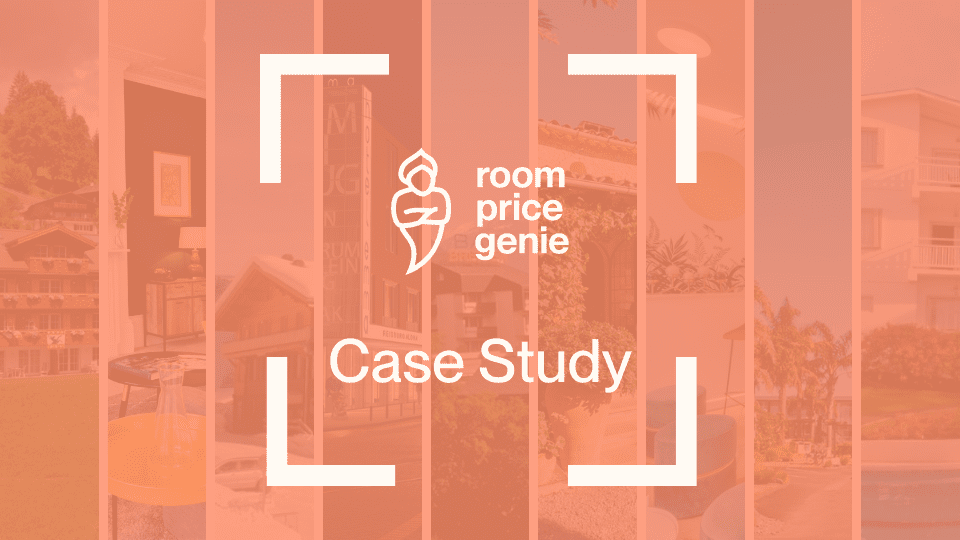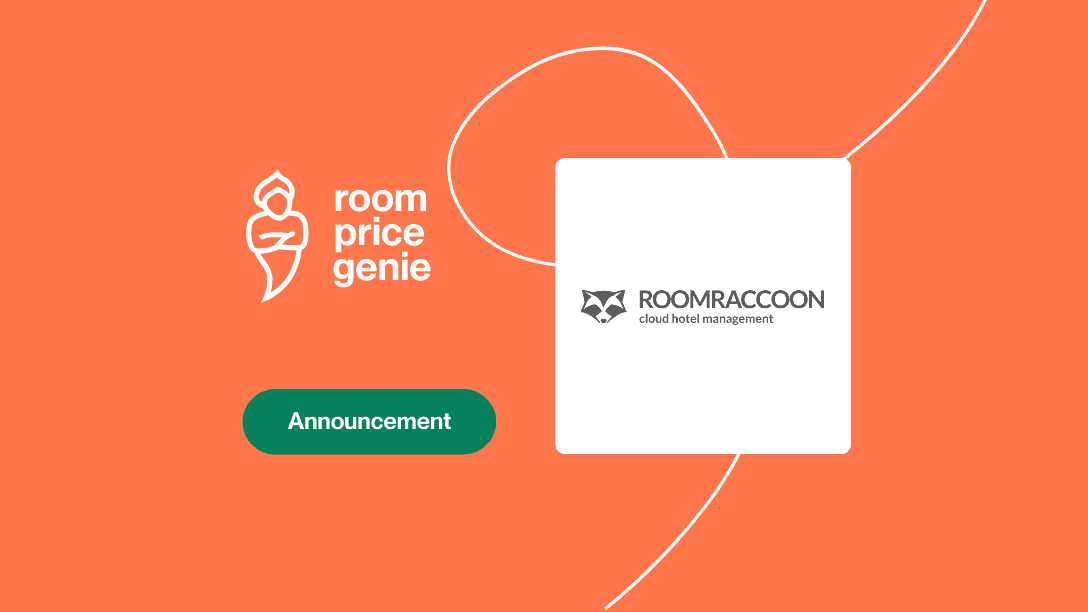Your real competitors may surprise you!
Defining your competitive set (comp set) as a hotel has long been seen as an important part of revenue management. Many hotels look to keep a certain pricing gap with their competitors. For some, this relationship forms an important component of their pricing decisions.
But what if most hotels are getting their comp-set wrong?
Why is your comp set considered important?
Many hotels feel as if they are in direct competition with hotels close by. For example, we often hear hotels saying, “we need to be $5 cheaper than the local Marriott, or people will go there”. In some cases, a hotel’s entire pricing strategy may be based on a close competitor.
This does make sense. OTAs have enabled bookers to make direct comparisons based on facilities and location. So if your potential guest is making a choice between your hotel and the hotel next door then, naturally, it is crucial to know what your competition is doing. After all, customers are always on the lookout for good value.
Rate shopping tools are a great way to see what your competitors are charging and can even provide a room-by-room view of where your hotel stands amongst your competition.
However, whilst it is useful to know who your competitors are and what they are charging, directly indexing your room types with theirs often leads to poor pricing decisions.
What are the problems with directly indexing with competitors?
The idea of always pricing a certain amount above or below your competitors, or ‘indexing’ to them, often creates problems.
For one thing, it ignores the yielding aspect. If you are getting close to full occupancy with two months to go, you would probably be missing out on revenue by charging $5 less than your competitor. Equally, if you have 30 rooms to sell this evening, it is unlikely pricing at a $5 discount will be enough to attract sufficient extra business.
Secondly, a pricing strategy relying directly on price-matching with others is only good if you have picked the correct competitors.
Different bookers will prioritise different factors or amenities when looking at hotels. One may be primarily concerned by budget and will, therefore, be more likely to compromise on location for the sake of saving $10. Alternatively, another may have a flexible budget but insist on a place in the city centre. The limits of what a person is willing to pay against what they prioritise can change from one person to another.
This largely comes down to the idea of perfect and imperfect substitutes. Suppose there are only two hotels in town where a conference is being held with a business focus and similar facilities. In this case, direct price matching makes sense. These two hotels can be considered ‘perfect substitutes’ as they will appeal to the same audience and therefore will need to price competitively against each other.
On the other hand, a budget hotel located in the city centre will not want to competitively price against a similarly located hotel with a pool, restaurant and spa. This is an imperfect substitute in which the hotels appeal to different priorities. Bookers may consider both hotels as a result of their location but, ultimately, they are unlikely to appeal to the same audience.
The differences can be more subtle than this. In the example of the conference hotels, one hotel having a fitness centre would mean gym-lovers may be happy to pay more, but couch-potatoes wouldn’t. Some visitors may pay more if a hotel is walking distance from the convention centre they are visiting. Some may simply book the same hotel they did last time and not compare prices at all. There is a continuum of pricing here that direct indexing doesn’t take into account.
The more imperfect the substitute, the less important it is to have prices that are directly linked to those of your competitors.
Direct Indexing and Price Wars
Another problem with direct indexing is that it can lead to local price wars with each hotel vying to be cheaper and all losing out.
In general, it is in all hotels’ interests to keep prices as high as possible. But what if your competitor that you always stay $5 cheaper than, moves their prices down to better compete with you? This can begin a spiral downwards and is in nobody’s interest. Customers will be receiving a drastically lower rate when they would have been happy to pay more anyway, and you will simply be missing out on easy revenue.
And then what if we have got our comp set wrong?
When we discuss with hotels which they see as their competitors, they would often see their comp-set as looking a bit like this, where the competitors here are similar class hotels in the near vicinity. These are the competitor hotels that will usually be referenced as a base for pricing strategy:

However, if you were to ask the hotel’s guests which other hotels they were looking at and comparing, the results can be very different (the circle above is shown below for comparison):

Within a city, it is important to be central and near the metro. But apart from that hotel customers are looking at facilities, review score and price. Each guest will have their own criteria for booking, but it is often not so tied to a location. The idea of imperfect substitutes comes into play.
For a destination hotel, location can be particularly peripheral to the buying process. You may be looking for hotels within a 2-hour drive of your house near the sea, in any direction.
Ask your clients what criteria they had when they found you. You may be surprised. Overall, by focusing too narrowly on hotels in your near vicinity, you may be missing the bigger picture.
What are the implications?
For us, there are three main take-homes from this perspective.
- Relying on a couple of competitors for pricing is probably not optimal. A more general approach is required as there are probably more competitors than you thought.
- When looking for a comp-set it may make sense to look in a wider geographical area than you may initially think. In some cases, it may be better to match facilities than location.
- Using a revenue management system like RoomPriceGenie can help to capture the general zeitgeist without focusing too specifically on given competitors (unless you really want us to!). This should result in better pricing decisions.








